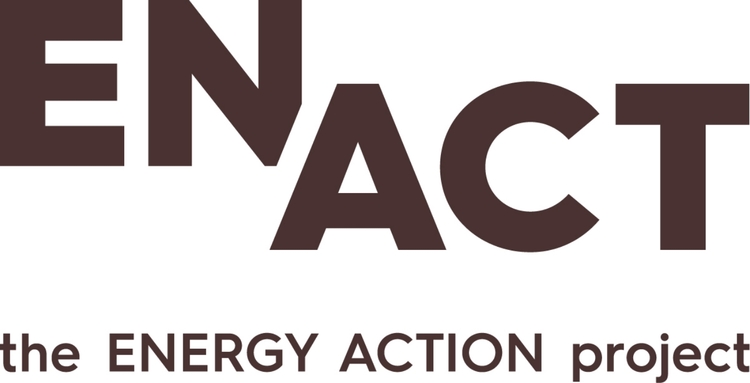Children, as shown in recent research, have a higher level of vulnerability to the impacts of energy poverty, whether homes they live in are excessively cold and hot. In probing children’s perspectives on energy at home, this project aims to cultivate alternative dialogues.
As highlighted in earlier ENGAGER policy briefs, to date, children’s voices have been almost entirely absent from research on energy poverty. In a recent investigation of how energy precariousness affects children and adolescents,[1] Gonzalez (2020) notes “Traditionally, the focus of energy precarity has not been on children and adolescents and therefore there is little data on this subject and a deficit of specific public policies.” This gap in data means we know very little about the lived experience of children experiencing energy poverty, their real and/or perceived energy needs, or how they would prioritise energy services in the home.
This gap in evidence maps onto wider measurement issues concerning the overwhelming use of ‘expert’ opinion to decide weightings for statistical indices of energy poverty -- and an overreliance on purely quantitative approaches. Indeed, offering a rebuttal to prevailing measurement norms, ENGAGER’s Policy Brief 3 set several challenges for researchers and practitioners, including how to stimulate conversations about qualitative research practice and how to bring qualitative and quantitative evidence together.
Responding to the above context, a multi-country and multi-stakeholder team has been working to develop ‘energy worksheets’ that primary school aged children can use to draw pictures and tell their own stories. The worksheets are designed to be fun and educational for children and their carers, while also providing a means to engage children in conversations about energy in the home and understand their relationships with various energy services. Ultimately, they serve as a mechanism to collect data in a participatory and non-extractive manner, and thereby create child-weighted indices of energy poverty across several European countries.
This project builds on an existing participatory methodology developed by Karla Ricalde and Harriet Thomson, which has been used in Latin America to combine outputs from qualitative participatory workshops with national survey data to co-create community-led indices of energy poverty.[2] The project also benefits from the involvement of Gill Main, University of Leeds, as advisor, drawing on her expertise in creating child-centred indices of child poverty and experience in advising international organisations such as UNICEF.
Over the course of six worksheets, children and their carers are guided through various activities, including recognition processes around energy and diversity (from what is energy, to how we all use energy differently in our everyday lives), energy solidarity, energy justice, and the concept of rights to energy. A key element, for the purposes of gathering data that can be used to weight national surveys, is understanding how energy services are integrated within children’s everyday lives, and the wider capabilities sets that energy enables, such as communicating with friends, learning about the world, and feeling secure.
The worksheets are designed to be completed at home by children and their carers, in an anonymised format. The project is being piloted in four countries in different regions of Europe (UK, Norway, Spain and Hungary). To ensure digitally excluded families can participate, the worksheets will be distributed in both physical and electronic formats, via the involvement of local NGOs. This approach has been inspired by the need to create non-extractive methods of engagement during the COVID-19 pandemic, and the urgent need to provide a voice for a group that has too long been underrepresented within energy poverty studies.
COST (European Cooperation in Science and Technology) is a funding agency for research and innovation networks. Our Actions help connect research initiatives across Europe and enable scientists to grow their ideas by sharing them with their peers. This boosts their research, career and innovation. The COST website is at: www.cost.eu
Funded by the Horizon 2020 Framework Programme of the European Union.
[1] https://esf-cat.org/wp-content/uploads/2020/05/ESFeres27-Summary-2020.pdf
[2] Ricalde, K., Cedano, K., Thomson, H., Robles, T. (2021) Contextualising Nussbaumer via
Nussbaum: unveiling a multi-disciplinary, human capabilities-centred approach to energy
poverty from Mexico. In: J. Webb, M. Tingey and F. Wade (eds.) Research Handbook on
Energy and Society. Edward Elgar Publishing.



